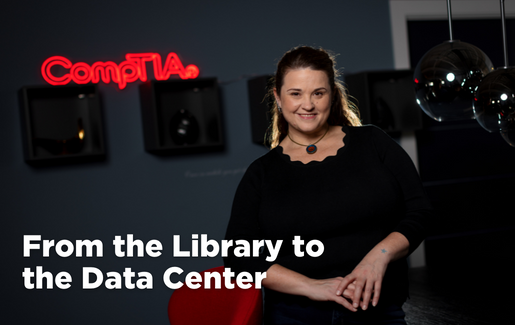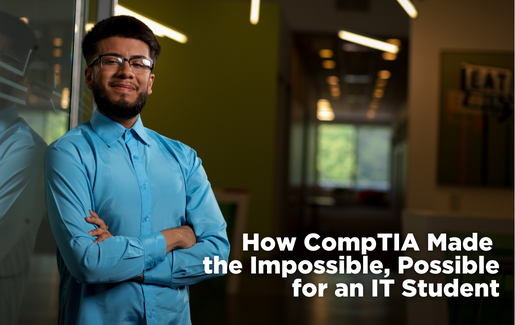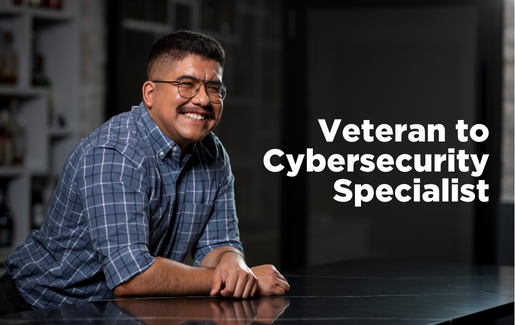-
By CompTIA
| April 01, 2025
Discover how Google leverages CompTIA certifications to upskill employees, bridge IT skill gaps, and drive enterprise workforce development.
Full Story
-
By CompTIA
| March 31, 2025
Discover how Utah is strengthening cybersecurity with CompTIA Security+ training—upskilling its workforce to protect public data and prevent cyber threats.
Full Story
-
By CompTIA
| February 17, 2025
With the right skills and training, you can meet NIS2 Directive requirements, strengthen cybersecurity, ensure compliance, and build a resilient workforce.
Full Story
-
By CompTIA
| February 14, 2025
CompTIA Network+ is a must-have for IT professionals. Learn why networking skills are essential and how this certification can advance your career.
Full Story
-
By CompTIA
| February 07, 2025
Discover the top networking skills employers look for and how CompTIA Network+ delivers. Build the skills you need to succeed in IT.
Full Story
-
By CompTIA
| February 04, 2025
Discover how the UK can close its cybersecurity skills gap with upskilling, global standards, and supply chain security to build a safer digital future.
Full Story
-
By CompTIA
| January 31, 2025
CompTIA A+ helps you build resume-worthy IT skills. Learn how this certification prepares you for real-world IT roles and impresses employers.
Full Story
-
By CompTIA
| January 29, 2025
Learn why CompTIA A+ is the essential certification for IT beginners. Discover the skills you’ll gain and the career opportunities it unlocks.
Full Story
-
By CompTIA
| January 24, 2025
Discover why Security+ is the leading certification for cybersecurity careers. Learn about skills, job opportunities, and why it's the ideal start for IT pros.
Full Story
-
By CompTIA
| January 17, 2025
Kickstart your cybersecurity career with CompTIA Security+. Explore the top 5 reasons why this certification is a must-have for IT professionals.
Full Story


